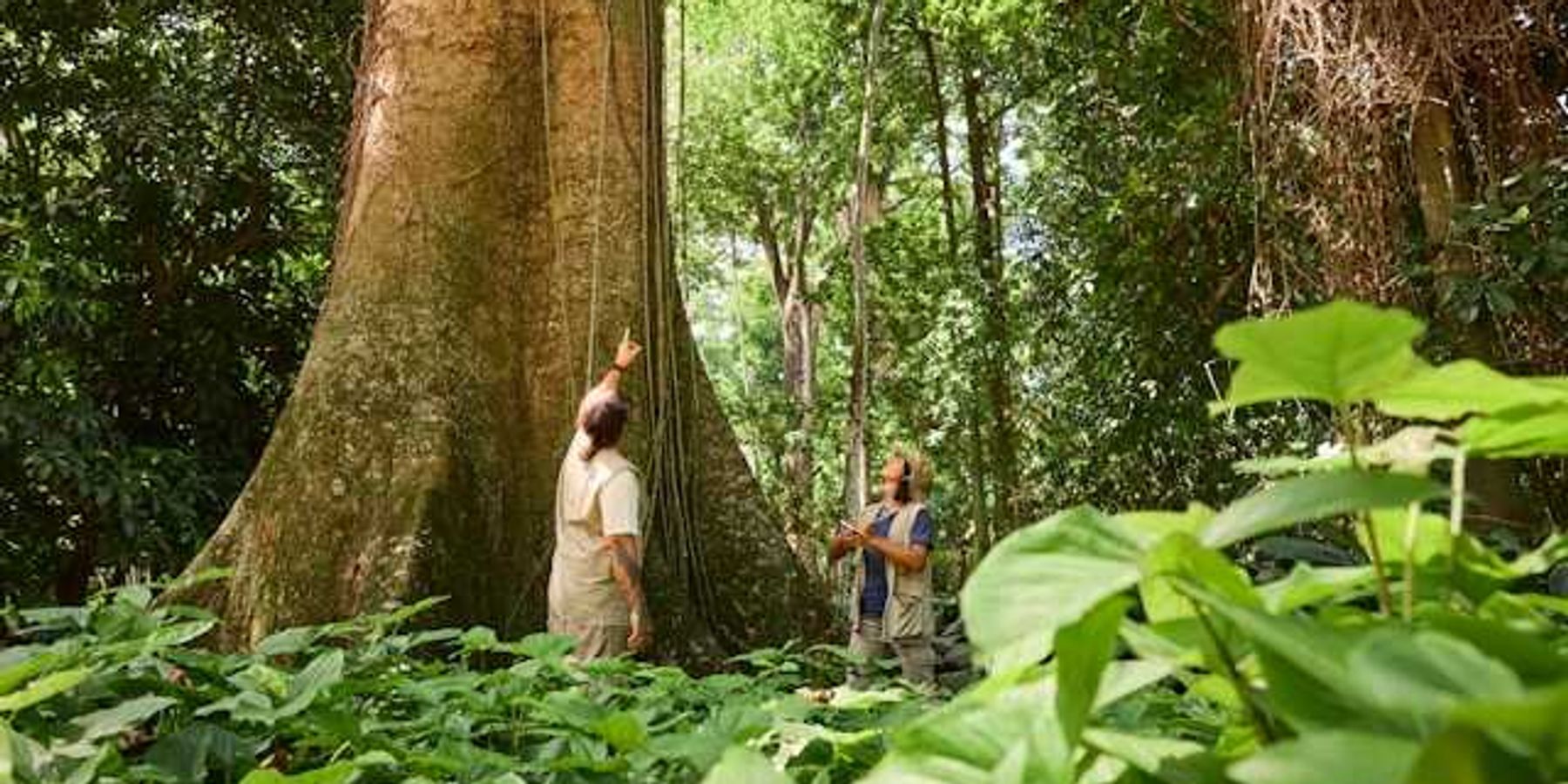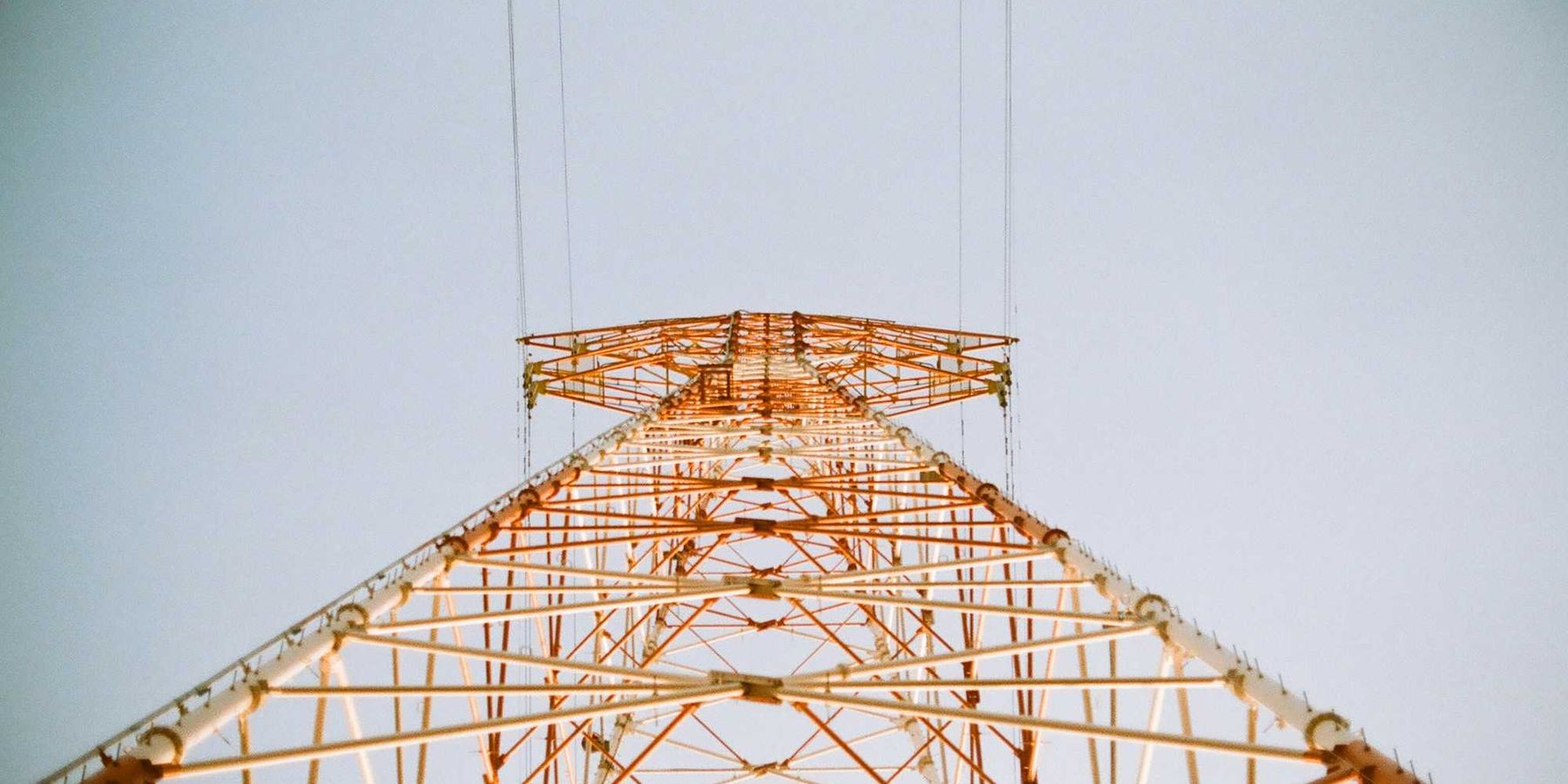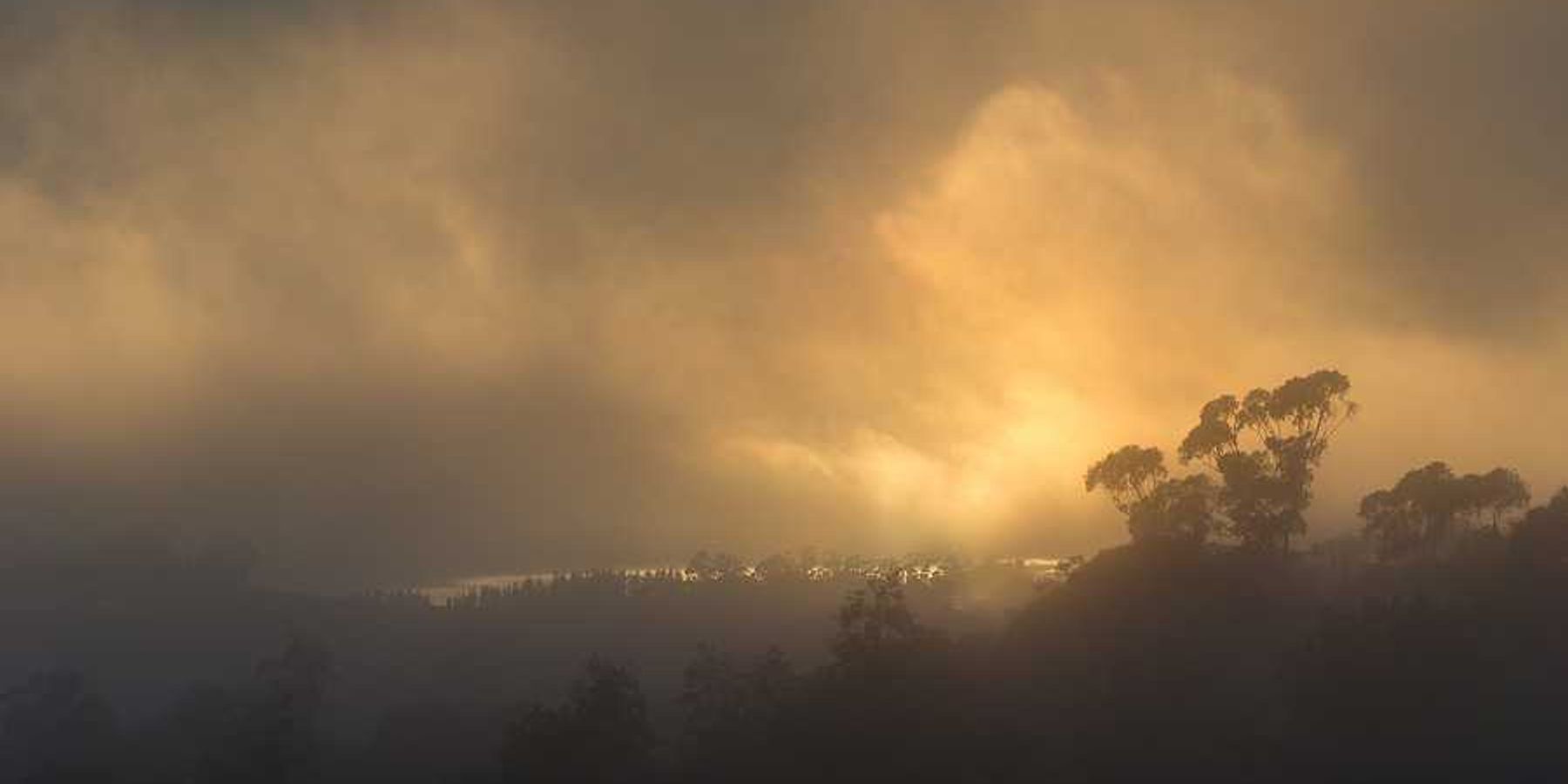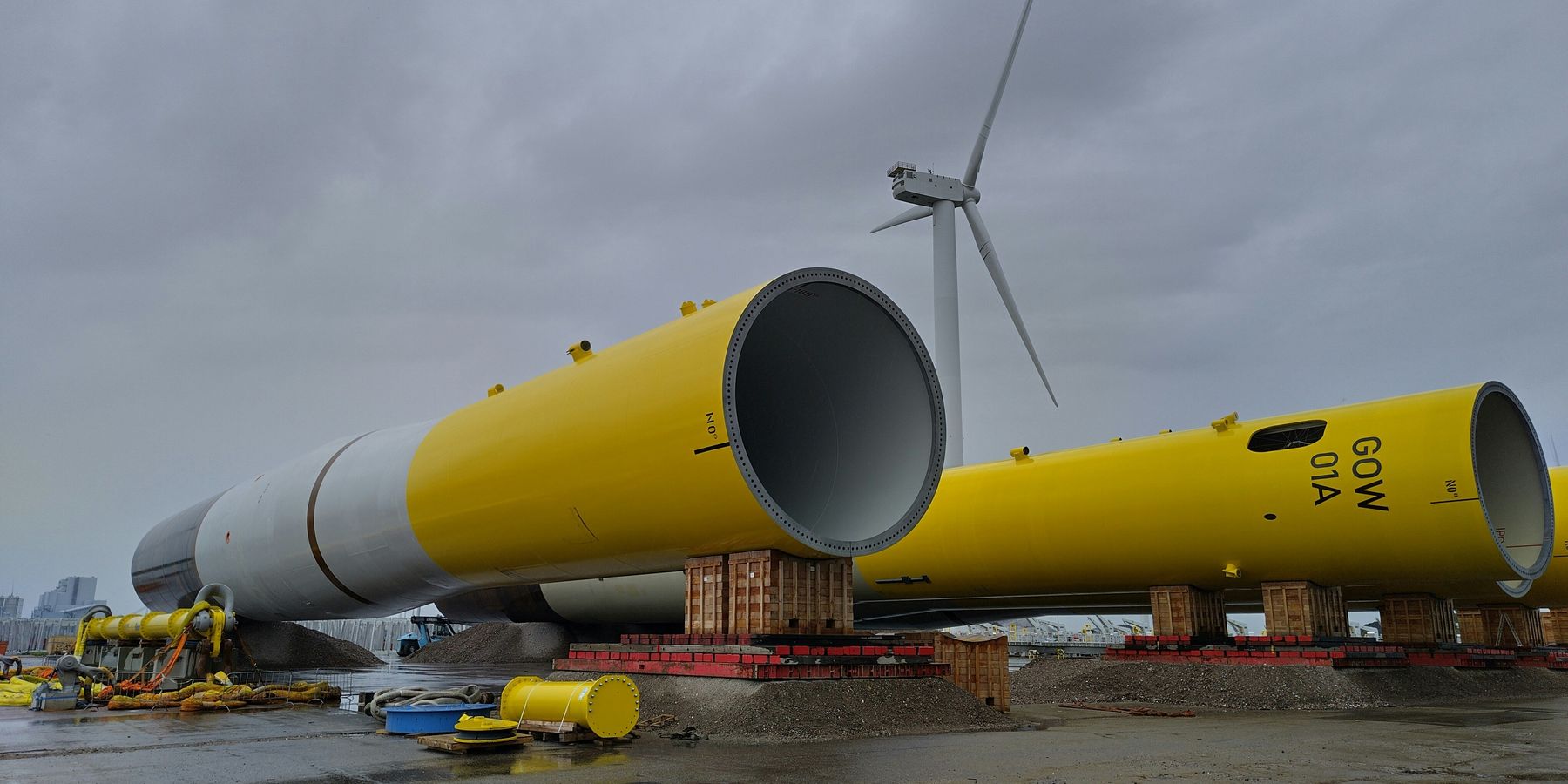West Virginia reporter Ken Ward Jr. wins prestigious MacArthur 'Genius Grant.'
A career spent "revealing the human and environmental toll of natural resource extraction in West Virginia and spurring greater accountability among public and private stakeholders."
Investigative journalist Ken Ward, Jr. won a MacArthur "Genius Grant" Thursday for his work spent writing about the people in his native West Virginia and Appalachia, reporting on the coal industry, environmental pollution, and corporate misconduct.
As a staff writer for the Charleston Gazette-Mail for more than 25 years, Ward "fearlessly reports on worker safety violations, environmental hazards, and corporate malfeasance of regional coal and chemical companies," the foundation said.
"He employs familiar tools of the journalistic trade—documentary discovery, Freedom of Information Act filings, one-on-one interviews and the like—but through a combination of tenacity, curiosity, and compassion for the residents of his home state, his investigations uncover the larger context surrounding specific incidents and inspire empathy for victims and their families."
Ward is one of 25 so-called geniuses recognized by the foundation for their creativity and potential to "innovate, take risks, and pursue their creative vision."
Other winners include the Rev. William J. Barber II, a social justice advocate and pastor of the Greenleaf Christian Church in Goldsboro, N.C., poet Natalie Diaz from Tempe, Ariz., and Princeton University mathematician Allan Sly. The 2018 MacArthur Fellows each receive a no-strings attached $625,000 award.
"Working in diverse fields, from the arts and sciences to public health and civil liberties, these 25 MacArthur Fellows are solving long-standing scientific and mathematical problems, pushing art forms into new and emerging territories, and addressing the urgent needs of under-resourced communities," said Cecilia Conrad, managing director of the MacArthur Fellows Program. "Their exceptional creativity inspires hope in us all."
Ward has spent decades of exposing the true economic, social, and health impacts of industrial abuse on Appalachian residents and communities. One recent investigation uncovered decades of government inaction around black lung disease that allowed it to continue to afflict miners even as regulators and politicians assured the public it was no longer a threat.
His reporting on a 2014 chemical spill that contaminated the drinking water of 300,000 people included an examination of the widespread lack of emergency planning and accident prevention in the coal and chemical industry. In his current work for the ProPublica Local Reporting Network, the foundation said, he is investigating the growth of the natural gas industry in West Virginia and its impact on communities and the environment.
Ward graduated from West Virginia University in 1990 and began working at the Charleston Gazette-Mail a year later. He is a member of Investigative Reporters and Editors and the Society of Environmental Journalists.














